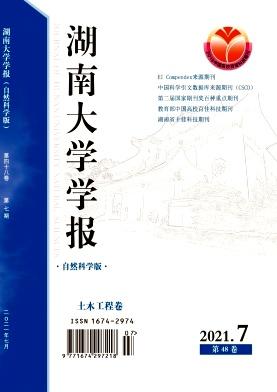Comparative Study between the Best-Performing Education Systems of the Five Continents and That of Morocco
引用次数: 0
Abstract
This study aims to investigate the most successful educational systems worldwide and the Moroccan educational system to determine the causes constraining the socio-educational development in Morocco. This comparative study relies on a qualitative methodology based on an inductive approach called the empirical-inductive approach, which starts from facts and real and observable data. This scientific method allowed us to identify our subject in terms of the best-performing educational system. The sample includes one or two educational systems from five continents: Africa (Morocco), America (Canada and the United States), Asia (Japan), Europe (France and Finland), and Oceania (Australia) through the comparison of the most common criteria between each country mentioned: the school system (cycles), teacher training, the number of hours a teacher works, teacher salaries and the number of students per class. This study provides a clear picture of the most successful education system that has been able to manage the masses and reveals the secret of its successful educational management policies. It is the Canadian education system that is a member of the Organization for Economic Cooperation and Development (OECD) according to the Program for International Student Assessment with an OECD average of 520 (score above the OECD average of 487), and Morocco is in 75th place about four steps from the last with an OECD average of 359 (score well below the OECD average 487). The above is more than a reason to be inspired by the education system of this leading country in the field, which would lead to better results in terms of structural transformation, inclusive development, and efficient management of Moroccan education networks in the coming days.五大洲与摩洛哥最佳教育制度的比较研究
本研究旨在探讨世界上最成功的教育制度和摩洛哥的教育制度,以确定制约摩洛哥社会教育发展的原因。这种比较研究依赖于一种基于归纳方法的定性方法,称为经验归纳方法,它从事实和真实的可观察数据开始。这种科学的方法使我们能够根据表现最好的教育系统来确定我们的主题。样本包括来自五大洲的一个或两个教育系统:非洲(摩洛哥)、美洲(加拿大和美国)、亚洲(日本)、欧洲(法国和芬兰)和大洋洲(澳大利亚),通过比较提到的每个国家之间最常见的标准:学校制度(周期)、教师培训、教师工作时数、教师工资和每班学生人数。本研究为我们提供了一幅最成功的教育体制能够管理群众的清晰画面,并揭示了其成功的教育管理政策的秘密。根据国际学生评估计划,加拿大的教育体系是经济合作与发展组织(OECD)的成员,OECD的平均得分为520分(高于OECD的平均得分487分),摩洛哥的平均得分为359分(远低于OECD的平均得分487分),排名第75位,比最后一位高出四个台阶。以上是摩洛哥教育体系的重要启发,未来摩洛哥教育体系将在结构转型、包容性发展和有效管理方面取得更好的成果。
本文章由计算机程序翻译,如有差异,请以英文原文为准。
求助全文
约1分钟内获得全文
求助全文

 求助内容:
求助内容: 应助结果提醒方式:
应助结果提醒方式:


